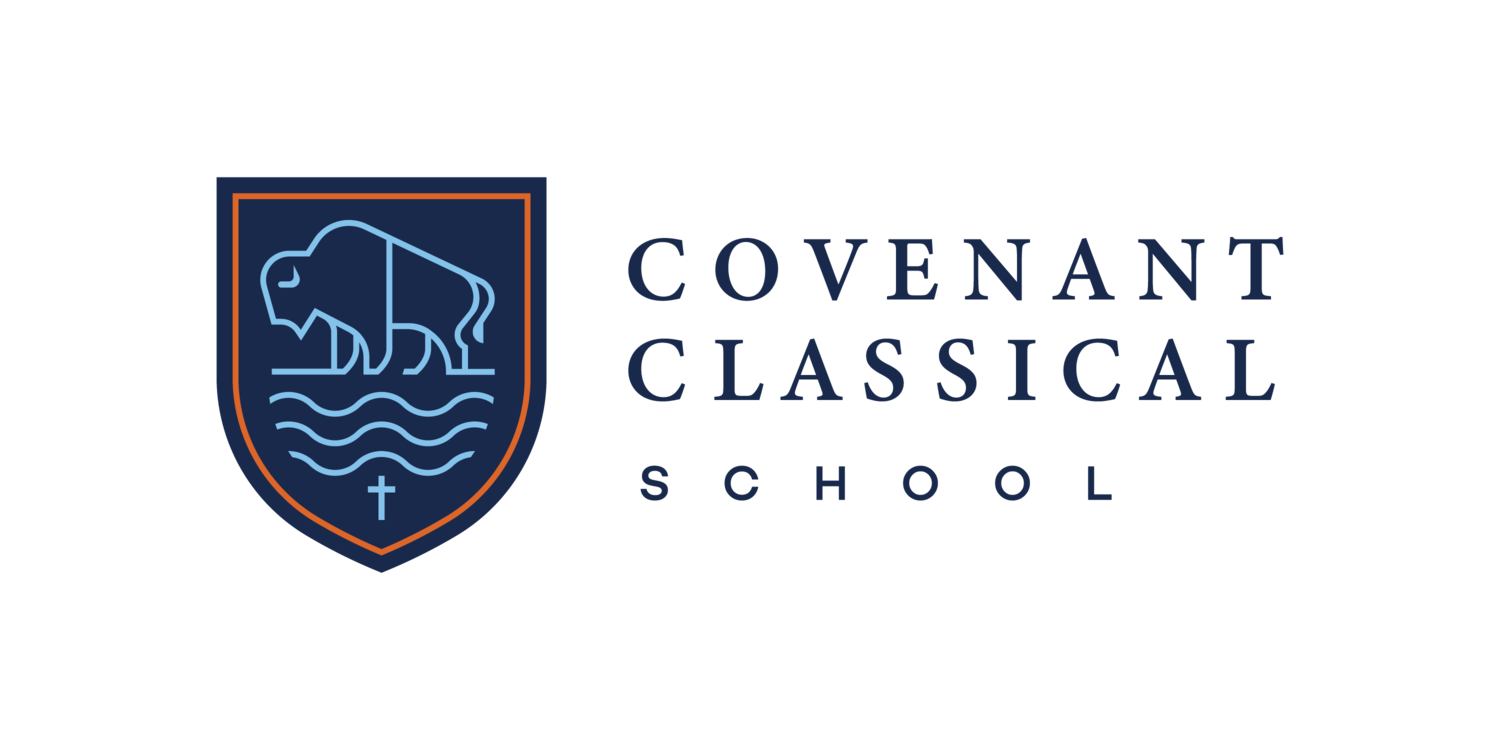
First Grade Curriculum
Math: Saxon Math (according to placement test)
Phonics & Spelling: Logic of English Phonogram Cards & Spelling Rules, WISE Guide to Spelling
English Grammar: Shurley English 1
Theology: The Child’s Story Bible, Heidelberg Catechism, Veritas Press Bible Cycles (see below)
History & Geography: Local & American History (simplified), Veritas Press History Cycles , Map Drawing (Bortins)
Cursive: Classical Cursive 2
Latin: Song School Latin 1
Natural Philosophy: Noeo Science
Art Appreciation: Memoria Art Cards
Music Enrichment: Classical Composers, Concepts, & Songs
Literature: Covenant Classical 1st Grade Book List
Beautiful Stories from Shakespeare by Edith Nesbit
Little House in the Big Woods by Laura Ingalls Wilder
St. George and the Dragon by Margaret Hodges
Little Bear by Else Minarik
A Kiss for Little Bear by Else Minarik
Little Bear’s Visit by Else Minarik
Little Bear’s Friend by Else Minarik
Days with Frog and Toad by Arnold Lobel
The Frog and Toad Collection by Arnold Lobel
Mouse Tales by Arnold Lobel
Mouse Soup by Arnold Lobel
Uncle Elephent by Arnold Lobel
Blueberries for Sal by Robert McCloskey
Henry and Mudge by Cynthia Rylant
Mr. Putter and Tabby Pour the Tea by Cynthia Rylant
Mr. Putter and Tabby Row the Boat by Cynthia Rylant
Hop on Pop by Dr. Suess
Are You My Mother? by P.D. Eastman
Blueberries for Sal by Robert McCloskey
Music and jingles are integrated throughout the curriculum, and we hope to add PE, music, and art as formal specials when resources are available.
The curriculum plans will be subject to ongoing Board and faculty review and fine-tuning.
Bible & History will rotate for the school from 1 to 5 depending on the year; depth of study will correspond to grade level (1st - 6th).
Bible cycles:
Genesis to Joshua
Judges to Kings
Chronicles to Malachi and Job
Gospels
Acts to Revelation
History cycles:
Old Testament & Ancient Egypt
New Testament, Greece & Rome
Middles Ages, Renaissance & Reformation
Explorers to 1815
1815 to Present
“If the goal of imparting a love for learning is successfully reached, then the student will spend the rest of his life building on that foundation. Not only has he received the tools of learning, he has acquired the desire to use them.”
- Douglas Wilson, Recovering the Lost Tools of Learning

